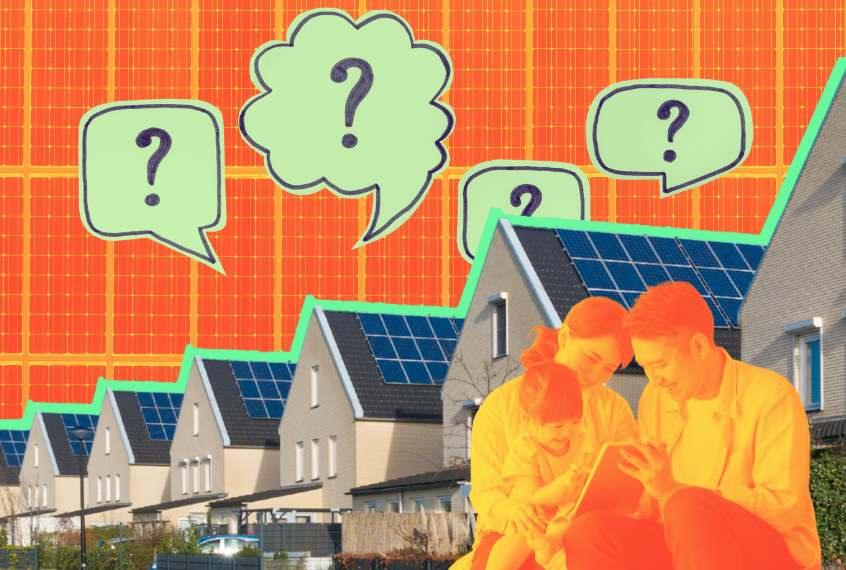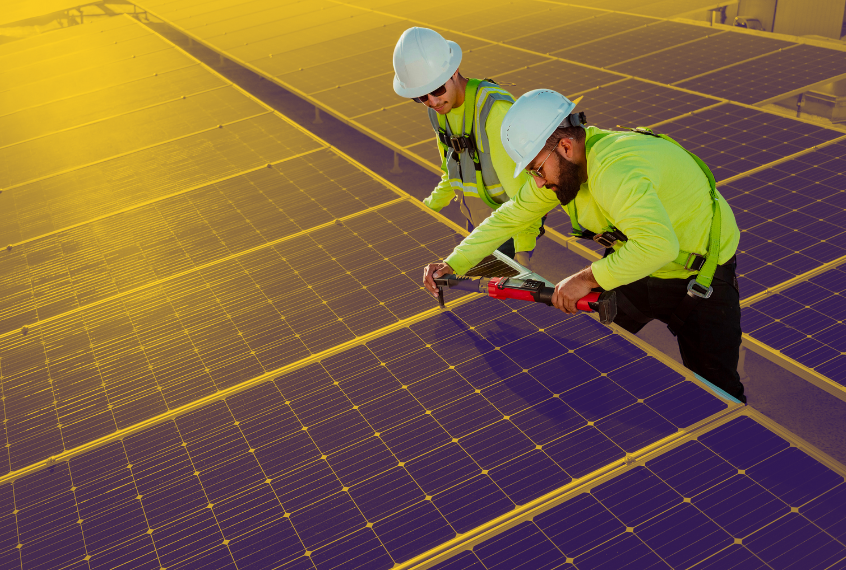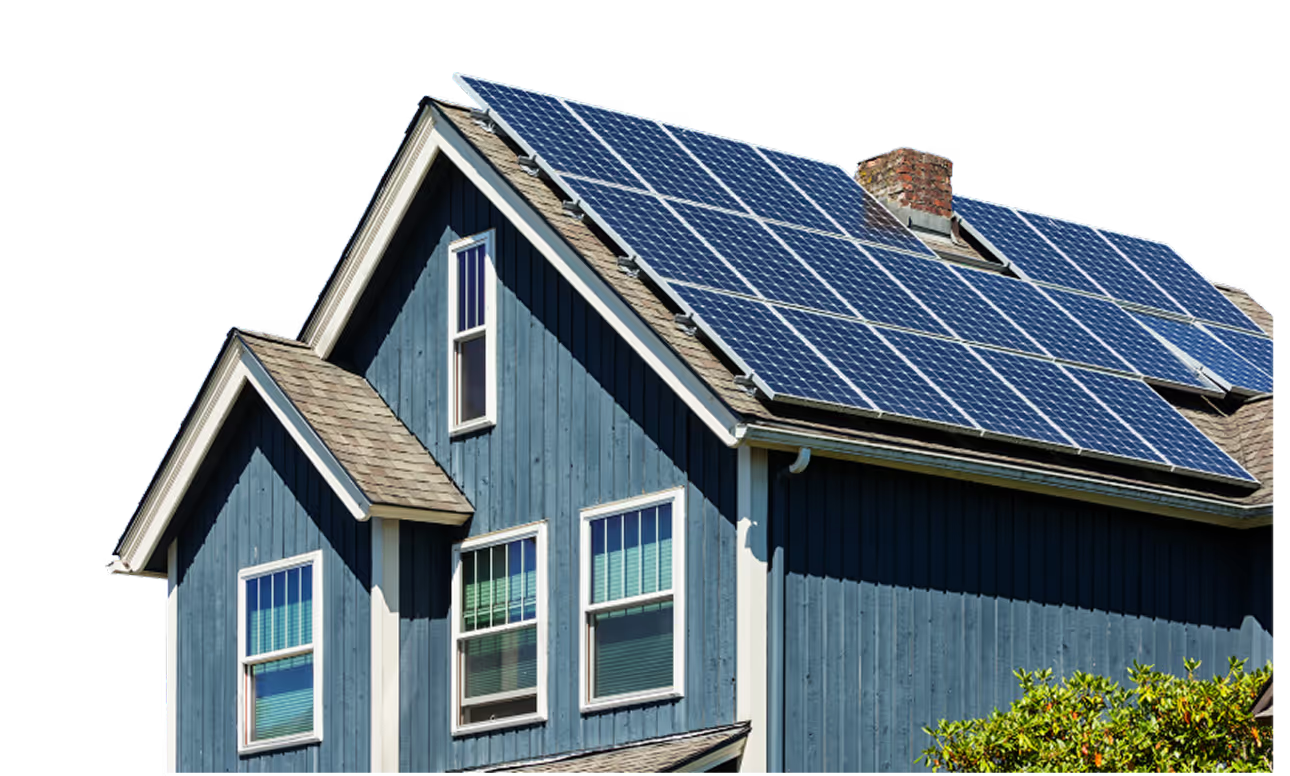.png)
Electricity bills in Malaysia are on the rise, and conversations about sustainability are no longer just for environmentalists, they’re happening in homes across the country. With our year-round sunshine and growing government support for renewable energy, solar energy is becoming a realistic, affordable choice for homeowners.
In this guide, we’ll walk you through how solar power works in Malaysia, why now is the right time to consider it, and what to expect when installing solar panels for your home. You’ll also learn about the Net Energy Metering (NEM) scheme, typical costs, and how to choose a system that’s right for you.
How Solar Energy Works in Malaysia
Understanding how solar energy functions is the first step in deciding if it’s right for your home. Malaysia’s strong year-round sunlight makes solar panel installation a practical option for many landed properties. A typical residential system includes:
- Photovoltaic (PV) panels to capture sunlight and convert it into electricity.
- An inverter to change this electricity into a form you can use at home.
- A grid connection so you can use solar during the day and draw from Tenaga Nasional Berhad (TNB) when needed.
Most homeowners opt for a grid-tied solar system. With NEM, any extra electricity your panels produce is sent back to the grid for credits on your bill — meaning you don’t lose that energy even if you’re not home to use it.
Learn more in our Hybrid Solar System Guide to understand how solar can work alongside battery storage.
Why Solar Power Is More Relevant Than Ever
The shift towards solar power in Malaysia is being driven by both economic and environmental factors. From higher TNB tariffs to ambitious renewable energy goals, now is the perfect time to explore the benefits of solar power.
Rising Electricity Costs
TNB tariffs have been increasing in recent years, driven by global fuel price fluctuations. Households are paying more for the same amount of electricity, making the savings from solar even more attractive.
Malaysia’s Renewable Energy Goals
The government aims for 31% of national energy to come from renewable sources by 2025, and 40% by 2025. Home solar plays a major role in achieving these targets, meaning strong policy support is likely to continue.
Public Awareness & Energy Independence
More Malaysians are recognising the value of reducing their carbon footprint while gaining more control over their energy costs. Solar offers both.
Government Incentives: Net Energy Metering (NEM)
Government policies play a big role in making solar more accessible. One of the most important incentives for homeowners is the Net Energy Metering (NEM) scheme.
How NEM Works
Under the Net Energy Metering (NEM) scheme, surplus electricity generated by your solar panels is exported to the TNB grid. You receive credits for this energy, which you can use to offset your electricity bill at a later date.
Why It Matters for Homeowners
If you’re out during the day and not using much electricity at home, NEM ensures that your excess solar generation still works for you, rather than going to waste.
How to Apply
Most licensed solar providers will handle the NEM application process on your behalf, making it a hassle-free step towards solar savings.
Read our full NEM Malaysia Guide.
Costs and Financing for Solar Panel Installation
Cost is often the biggest concern for homeowners considering solar. The good news is there are flexible payment options to suit different budgets.
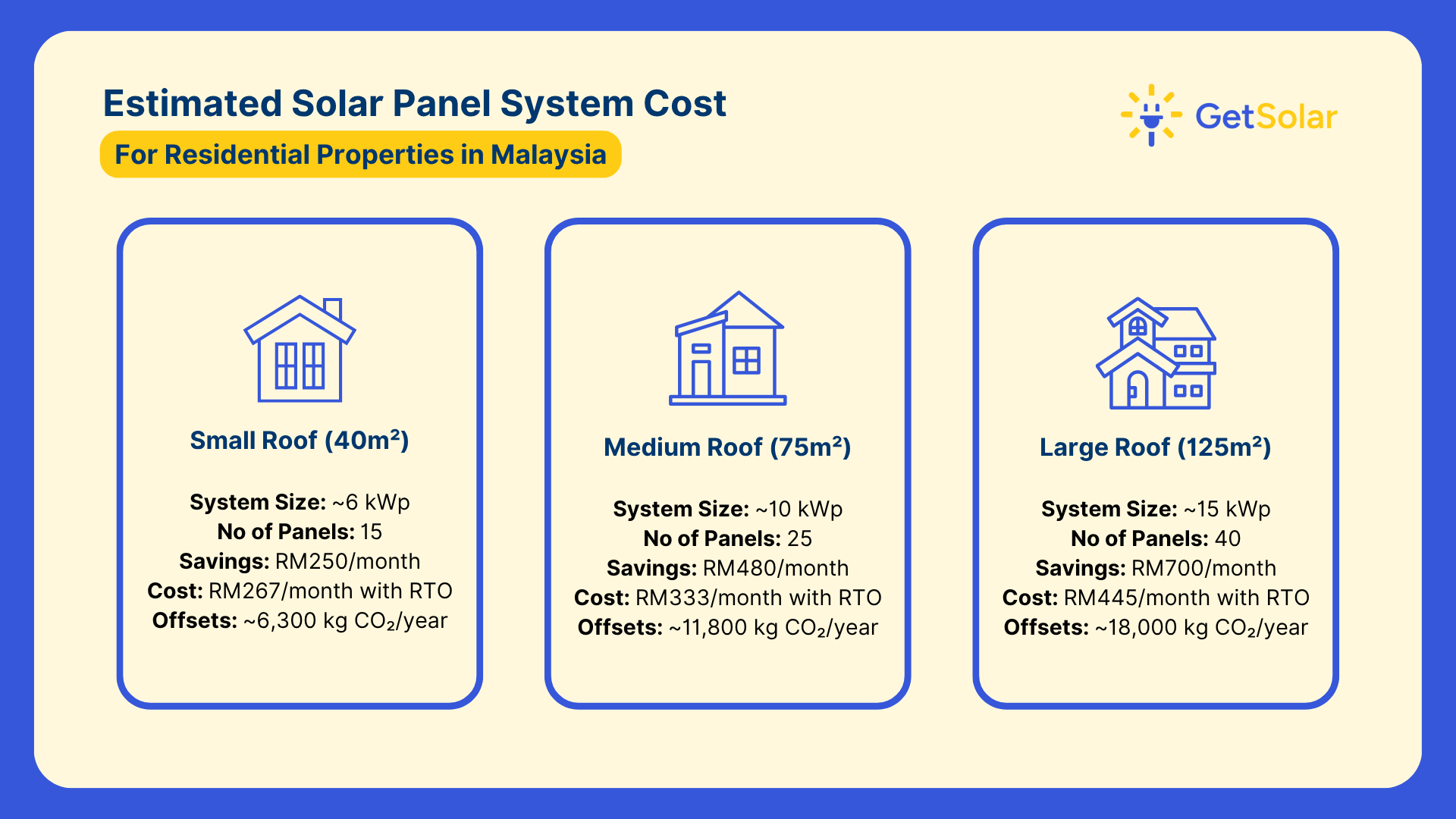
Upfront Purchase
A typical residential solar system in Malaysia costs around RM24,000 when purchased outright.
Rent-to-Own (RTO) Plans
For those who prefer no large upfront payment, Rent-to-Own plans start from RM2/month with RM0 upfront. All plans include installation, warranty, and maintenance, so you have predictable costs.
Return on Investment
Most Malaysian homeowners see their solar systems pay for themselves within 5-7 years, after which the electricity generated is essentially free.
Explore our Solar Panel Installation Guide.
Addressing Common Concerns About Solar Panels for Home
Before committing to solar, it’s natural to have questions about maintenance, reliability, and performance. Here’s what you need to know:
Maintenance Requirements
Solar panels require minimal upkeep, generally just cleaning every few months to remove dust, leaves, or bird droppings.
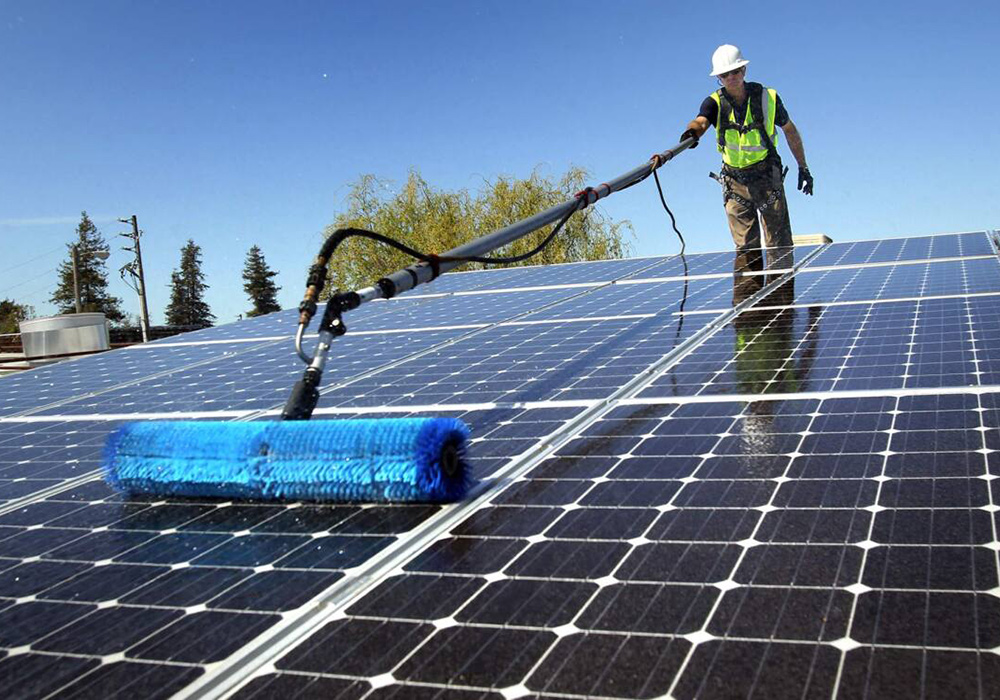
Durability in Malaysian Weather
Quality panels are designed to withstand heavy rain, high humidity, and intense sunlight for over 25 years.
Warranty and Performance Guarantee
With our Rent-to-Own (RTO) plans, both warranty and scheduled maintenance are included, so there are no surprise costs. In fact, we will pay you back if your systems underperforms.
Learn more in our Solar Panels Home Maintenance Guide.
Is Solar Right for You?
Solar is suitable for most landed homes, but certain factors can affect performance and return on investment. Consider:
- Roof space and orientation.
- Shading from nearby trees or buildings.
- Your household’s average electricity consumption.
A professional site assessment can confirm whether solar is a good fit for your property. With GetSolar, you will be able to get a free quotation based on your current electricity usage and home location through our Solar Calculator.
Take the Next Step Towards Solar Savings
Switching to solar energy in Malaysia is no longer just a futuristic idea which is smart, practical choice that can cut your electricity bills, give you energy independence, and help Malaysia meet its renewable energy goals.
If you’re ready to see how much you could save, get your free personalised quote today.

Rent-to-Own Solar. RM0 Upfront cost. Guaranteed Savings
Immediate ROI



Rent-to-Own Solar. RM0 Upfront cost. Guaranteed Savings
(10-Year RTO plan)
+ 10-Year Free Maintenance




